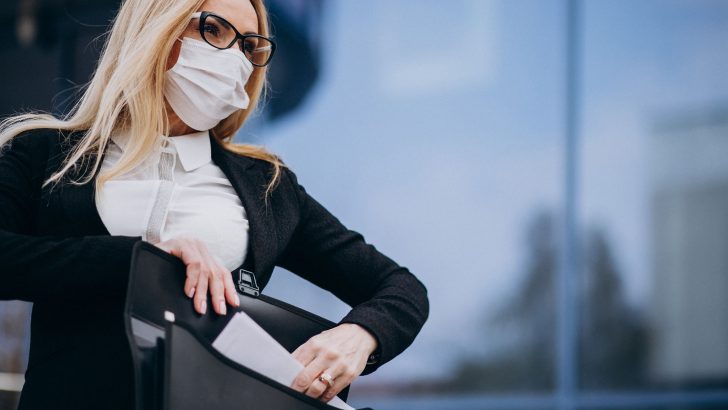Everyday Philosophy
As we start coming out of the coronavirus lockdown, people are talking a lot about risk. How sure should we be that the situation is completely under control before we reopen? How much risk of infection should we be willing to tolerate for individuals? How much risk should we accept of a renewed spread of the coronavirus through society?
It’s tempting to say “let the experts decide”. Let those who know the most about public health weigh up the risks and make their recommendations, and let the rest of us fall in line. But this would be a mistake. This is not, at all, because medical or scientific experts are unreliable. It is because the question of how much risk to tolerate is not a medical or scientific matter; but a question of practical wisdom – in this case, a question of political philosophy.
Lest there be any doubt: listening to expertise is wise. Despite the failings (some of them egregious) of some public health experts and authorities in this crisis, the response to the pandemic would have been much worse had we ignored the experts. In aggregate, more lives would likely have been saved had more countries listened to them earlier.
And it’s not that experts have nothing to say about pandemic risks. It’s from public health experts, immunologists, and epidemiologists that we learn what the likely levels of risk actually are.
What they cannot tell us is how to weigh risk and reward. To pick two completely made-up numbers, imagine that the experts told us that keeping a full lockdown in place until September would result in a 0.03% chance of a major resurgence of Covid-19, whereas as a phased reopening plan like that being pursued in Ireland would give us a 0.5% chance of a resurgence (again, totally made up numbers). Could medicine or science tell us what the right option to take would be? They could not. To do so is not their function.
The craft involved in decisions like this is the craft of politics. Weighing up a whole array of important social goods against uncertain and shifting risks of varying severities is not the sort of task that can be accomplished just by learning and following a set of rules. It requires practical wisdom, the wisdom to know how to approach a situation where the right answer is not and cannot be specified in advance. And practical wisdom is a virtue that leaders and citizens, not just experts, can aspire to.
This sort of point has sometimes been made by people who want to open things up faster. But its logic can just as easily lead to more caution rather than less.
When something surprising and bad happens to the world, people often say that someone should have seen it coming. There are always some warning signs, and those are seized on in order to justify charges of incompetence and neglect against the people who let the bad things happen.
Sometimes, of course, those charges are absolutely justified. But what’s often forgotten is just how unpredictable the world generally is. The real warning signs are hidden among millions of red herrings. Most potentially really bad things won’t actually be that bad.
One way to deal with this uncertainty is to get better at predicting what will actually go wrong. But another is to err somewhat on the side of caution. Back in January, the chance of the new Wuhan coronavirus causing a global pandemic of this scale was, as far as most of the world could reasonably tell, still genuinely quite low. But given the devastation that pandemics cause, it would have been entirely reasonable of governments and policymakers to apply the precautionary principle: taking more action to avert an unlikely disaster than a strict utilitarian calculus might warrant, because the disaster’s consequences are so terrible. Politicians and policymakers would have been right to do more than experts were then advising.
Of course, applying the precautionary principle to the greatest extent possible would be just as much of a disaster: it would bring about a hypochondriac world, cringing at the shadows of possible pandemics. But this is the point: knowing how much caution to apply is a tricky balance that requires practical wisdom. There is no rulebook that will give you the correct level of caution for every circumstance in advance.
The point about acceptable levels of risk doesn’t just apply to pandemics or politics, but to many areas of life. What threshold level of certainty should we require before the publication of the results of a scientific experiment? How confident should we be that we won’t be hurt before we place our trust in another person? There are right answers to questions like this: but the only way to find those answers is through doing the hard, necessary work of becoming wise.


 Ben Conroy
Ben Conroy
